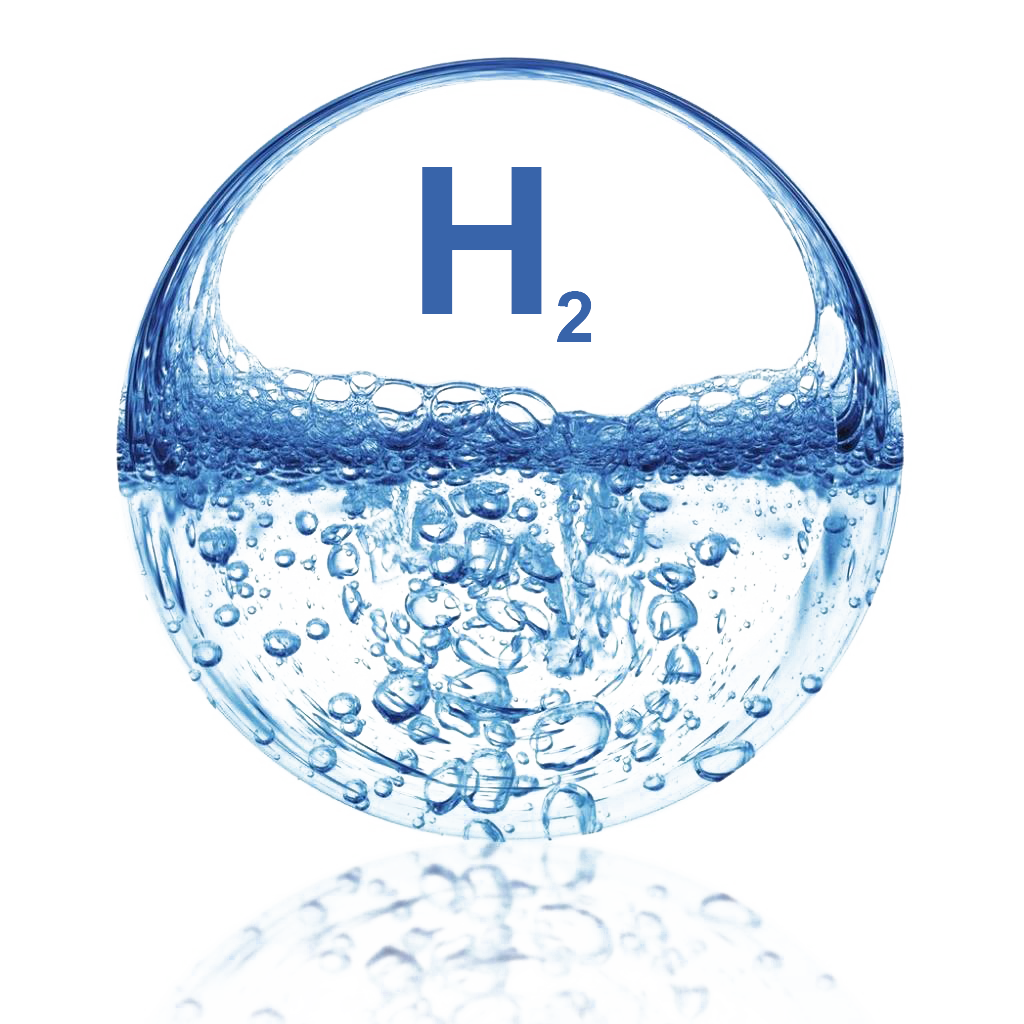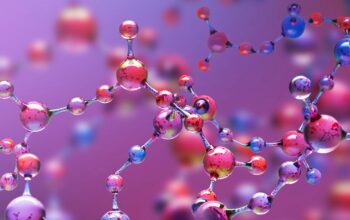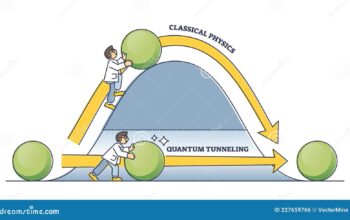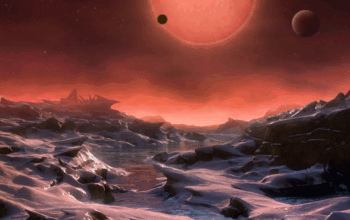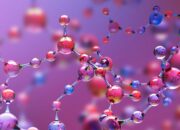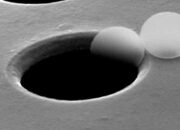Hydrogen, the simplest and most abundant element in the universe, serves as a cornerstone for understanding the very fabric of matter. Its unique positioning on the periodic table, with an atomic number of one and a single electron orbiting a single proton, compels a fascinating inquiry: is hydrogen an atom, or is it a molecule?
First, it is imperative to grasp the foundational definitions that delineate atoms and molecules. An atom is the fundamental building block of all matter, defined by its nucleus, composed of protons and neutrons, surrounded by electrons that occupy various energy levels. In contrast, a molecule is formed when two or more atoms bond together through covalent or ionic interactions, resulting in a new structural entity with distinct chemical properties.
In its most predominant form, hydrogen exists as an atom, characterized by its single proton and electron configuration. This monoatomic state is crucial for understanding hydrogen’s role in the universe, particularly in stellar nucleosynthesis and the formation of molecules. Under standard conditions, hydrogen atoms can exist independently, illustrating their single-atom nature.
However, hydrogen is not solely confined to its atomic form; it often participates in chemical reactions, ultimately leading to the formation of molecules. Most notably, when two hydrogen atoms covalently bond, they create diatomic hydrogen, H2. This molecular form is incredibly significant, as it is not only the simplest diatomic molecule but also serves as a critical component in various biochemical and industrial processes.
The transition from hydrogen as an atom to hydrogen as a molecule raises intriguing questions about stability and reactivity. Diatomic hydrogen is pervasive in nature and plays a pivotal role in the universe, including fuel for stars and a byproduct of various chemical reactions. The molecular state of hydrogen, H2, is chemically inert at standard temperatures, making it an ideal candidate for numerous applications, particularly in energy production and storage.
Exploring the nuances of hydrogen’s existence unveils the crucial role that quantum mechanics plays in governing its behavior. Quantum theory illuminates how hydrogen atoms can exist in a myriad of states, influenced by external conditions such as temperature and pressure. Under high-energy environments, hydrogen can exist as a plasma, a state in which atoms become ionized, further complicating its characterization as either an atom or a molecule.
One cannot discuss hydrogen without acknowledging its prevalence in biological systems. As an essential element for life, hydrogen is a fundamental component of water, the solvent of life. The covalent bond formed between hydrogen and oxygen atoms in H2O exemplifies the molecular formation of hydrogen that sustains life on Earth. This intricate relationship between hydrogen in its atomic and molecular forms is central to understanding biochemistry and metabolic processes.
Historically, humanity’s fascination with hydrogen has spurred numerous scientific achievements. The synthesis of hydrogen gas during the early experiments of electrolysis signified pivotal advancements in chemistry. As scientists delved deeper into the properties of hydrogen, they unveiled its potential for application as an energy carrier through hydrogen fuel cells. These cells exemplify the dichotomy of hydrogen, showcasing its capability as both an atom and a molecule, depending on the desired application and context.
Furthermore, hydrogen’s role extends to the realm of astrophysics. As the primordial element formed shortly after the Big Bang, hydrogen shares a unique relationship with the cosmic evolution of the universe. Understanding hydrogen in both its atomic and molecular configurations aids in deciphering the complexities of star formation, the behavior of galactic structures, and the overall dynamics of cosmic phenomena.
Throughout the centuries, hydrogen has captivated the imagination of scientists, philosophers, and laypeople alike. Iconic historical figures such as Antoine Lavoisier, who recognized hydrogen’s significance in chemical reactions, and more recently, experimental physicists exploring the properties of hydrogen isotopes, exemplify this enduring intrigue. The dual nature of hydrogen—oscillating between an atom and a molecule—beckons further exploration and understanding.
In conclusion, hydrogen exists as both an atom and a molecule, contingent upon the context of its interaction and state. Its fundamental atomic structure enables it to participate in a plethora of molecular formations, imparting profound implications across various scientific disciplines. Understanding hydrogen invites deeper inquiries into the nature of matter itself, connecting the microscopic atom with the macroscopic molecular formations that define the universe’s complexity. This fascinating element remains a cornerstone of scientific inquiry, offering insights into the fundamental laws governing our universe.
